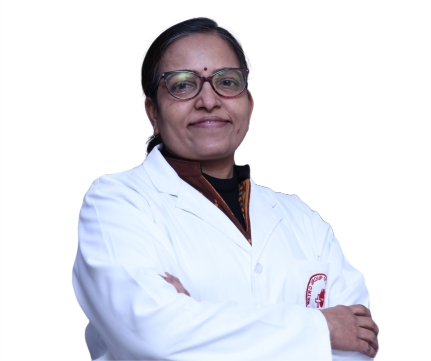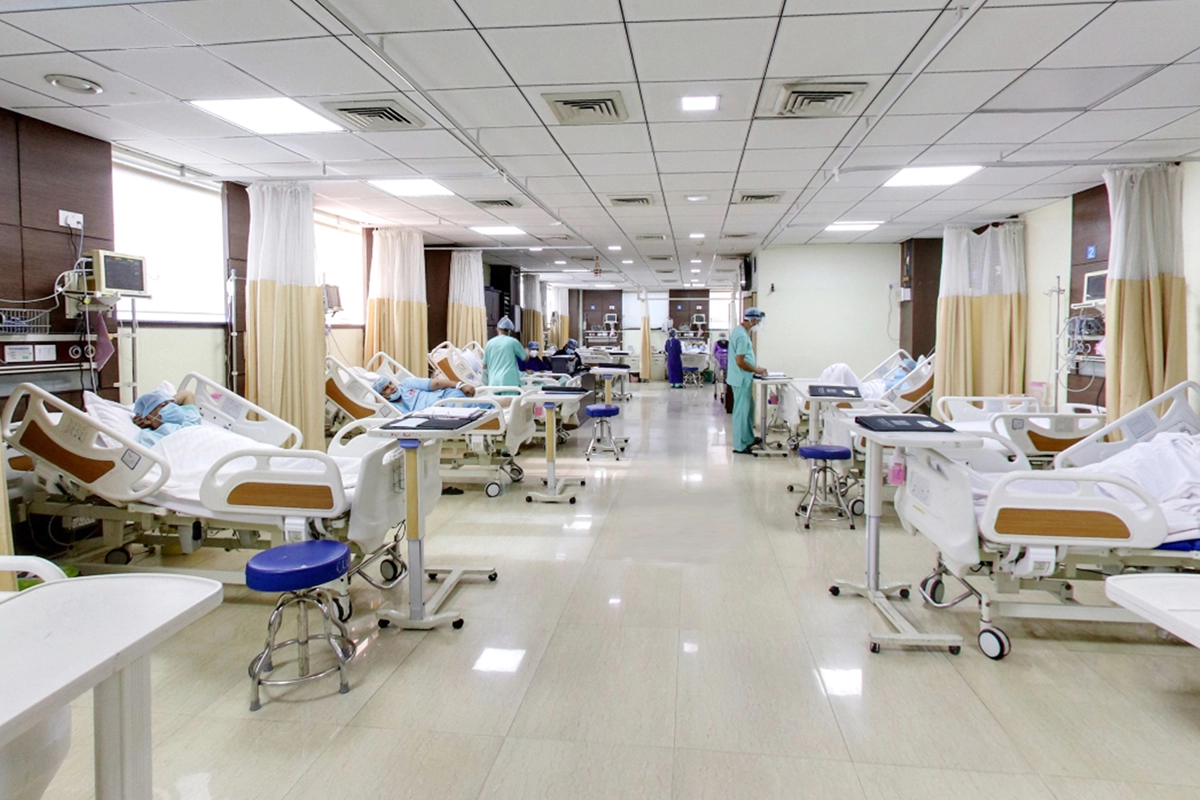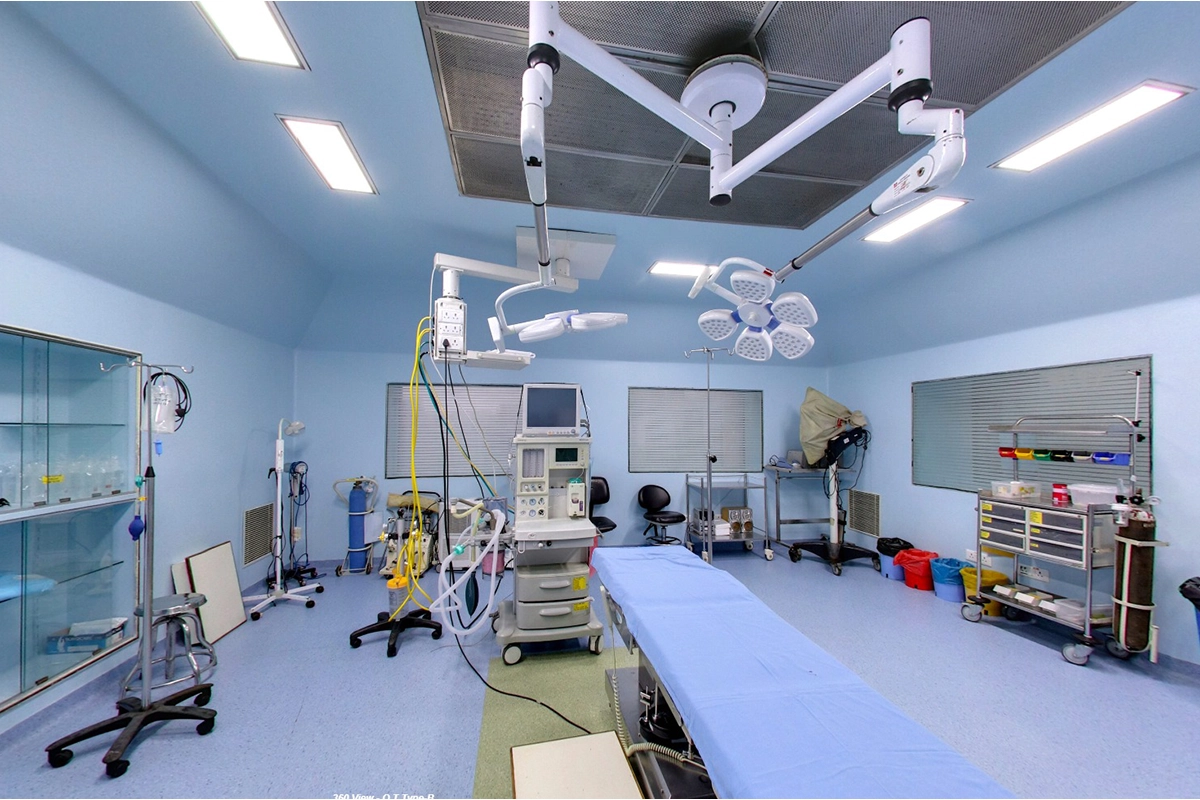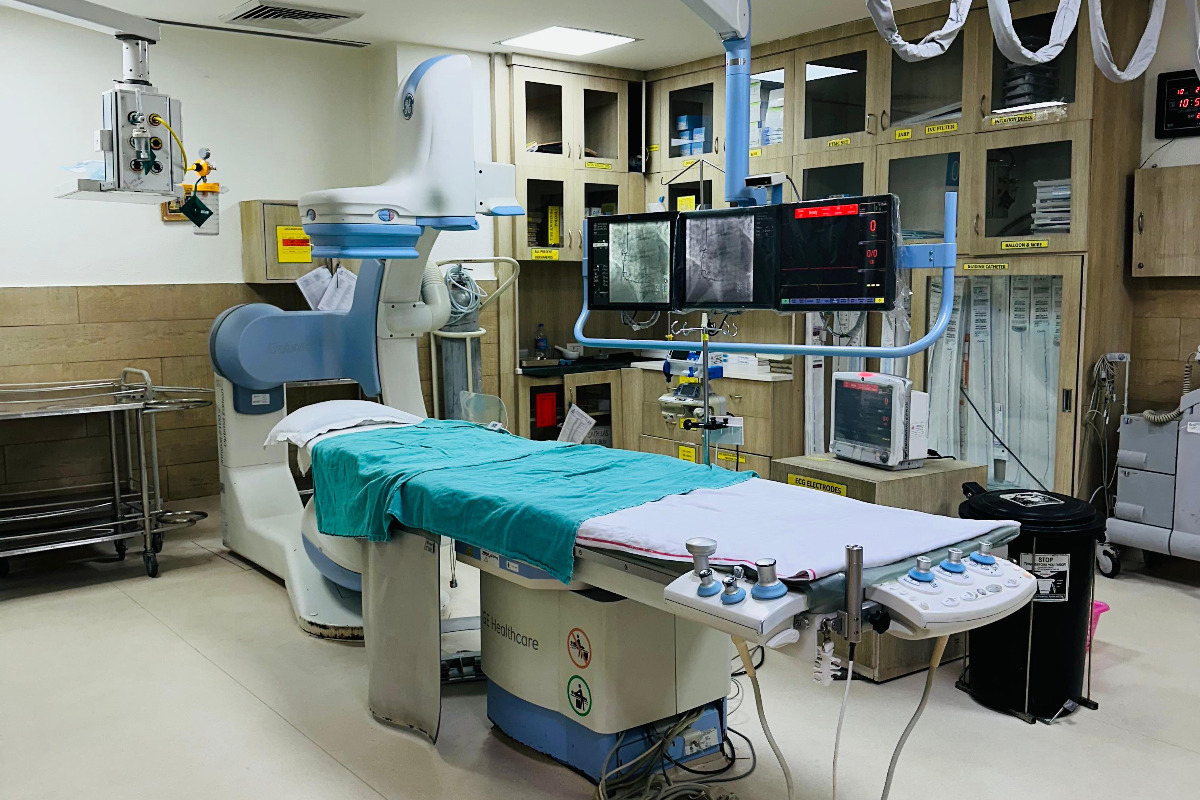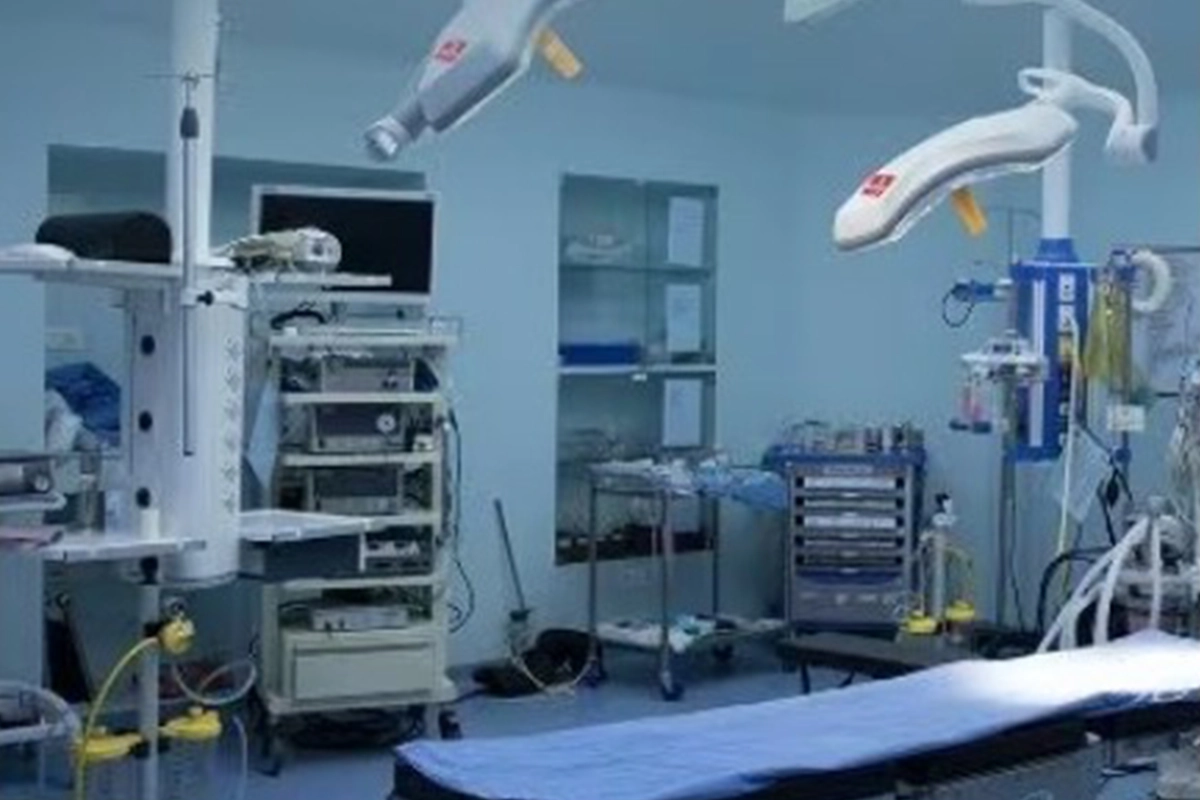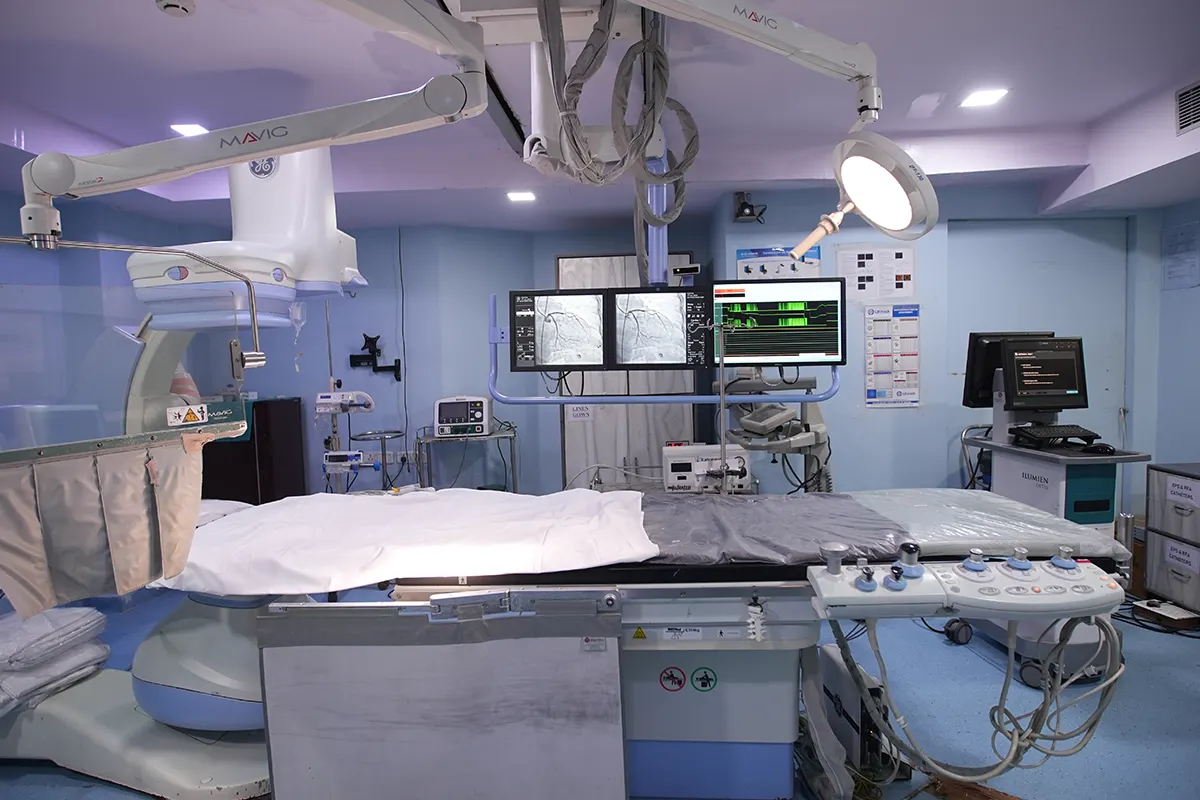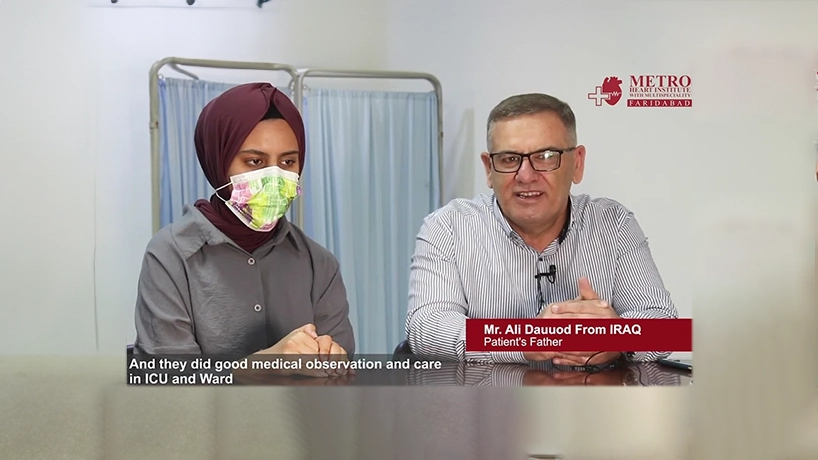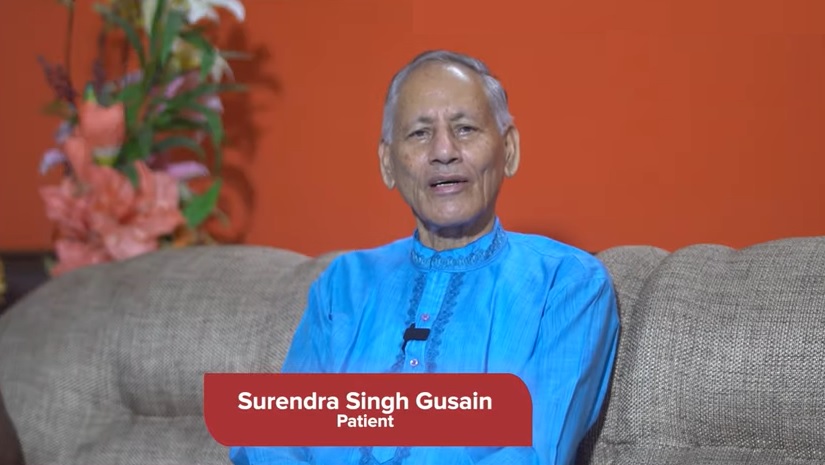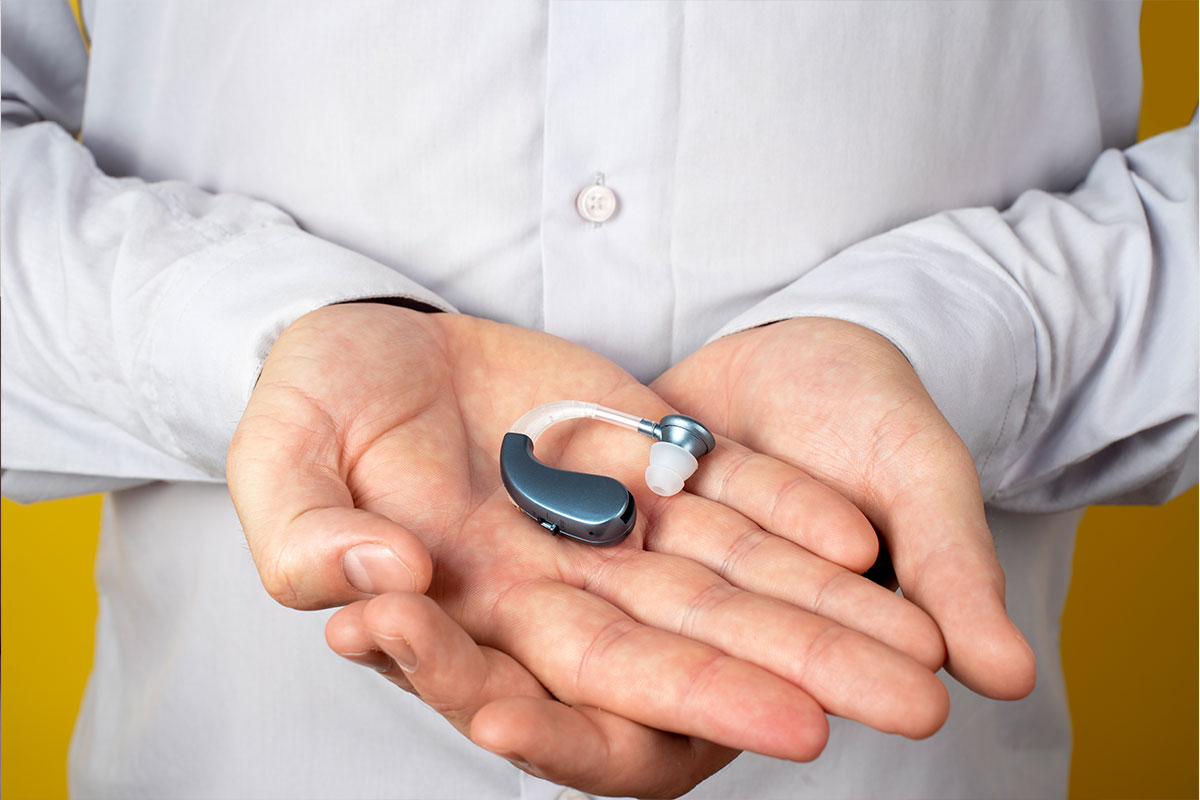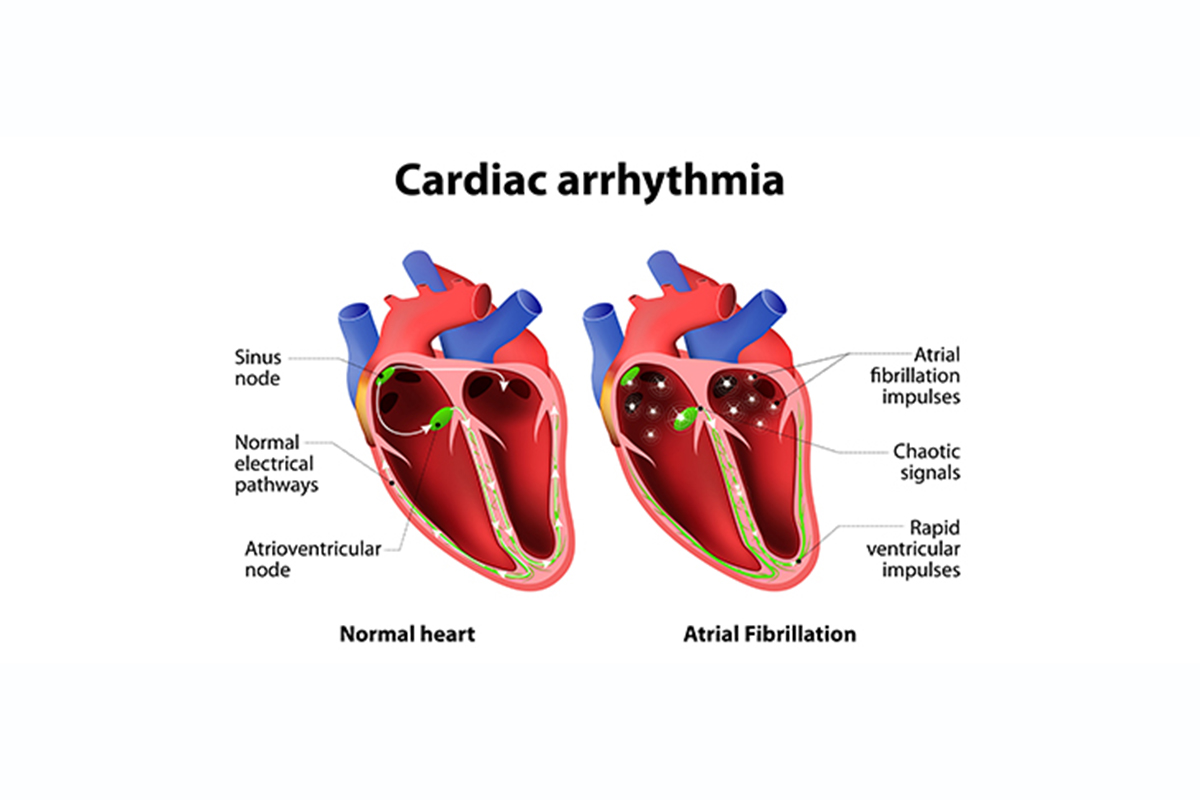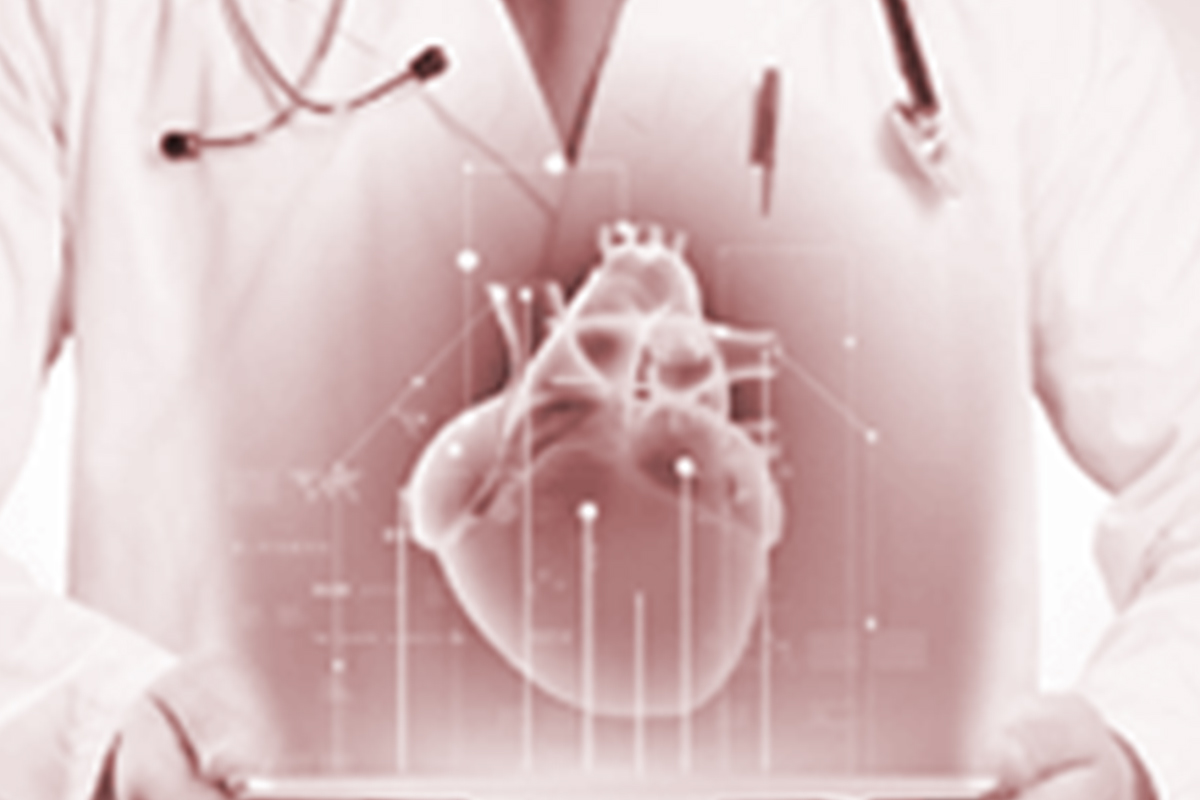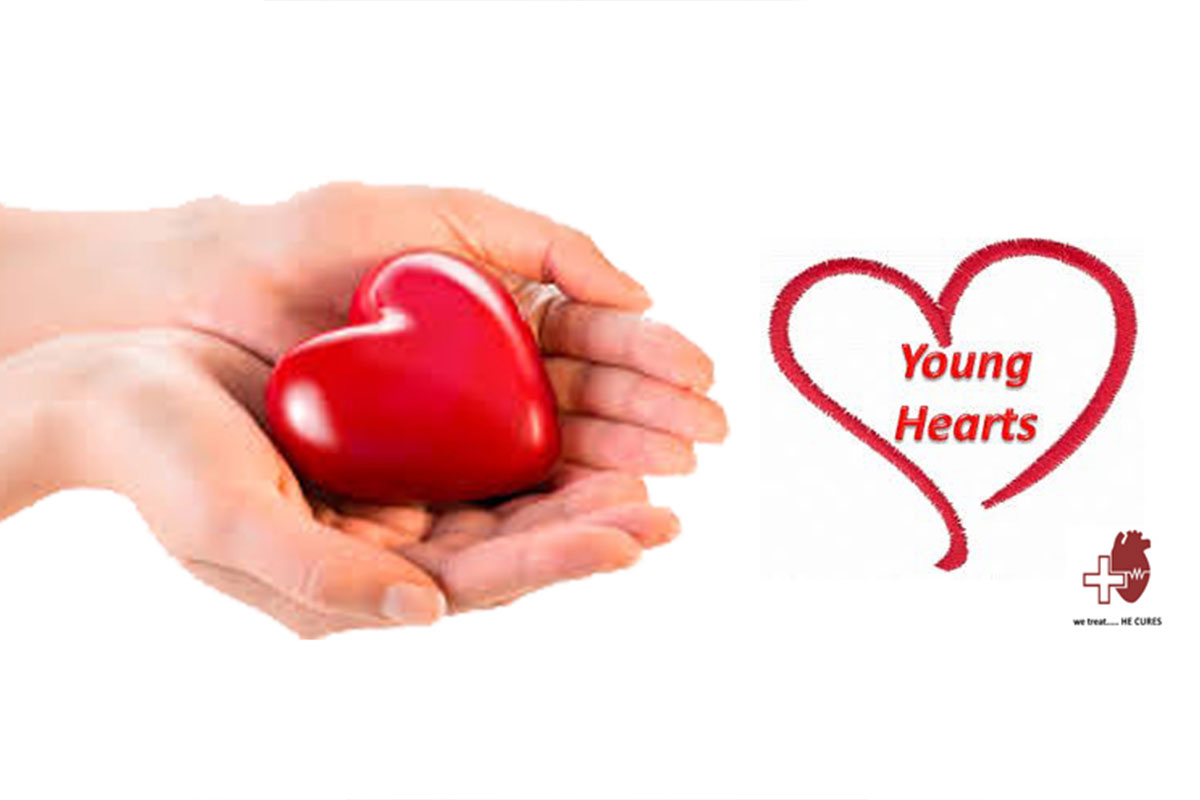Symptoms of Arrhythmia
Arrhythmia alters the heart’s rhythm, manifesting in slow, fast, uncoordinated, or irregular beats. Symptoms include palpitations, breathlessness, light-headedness, syncope, anxiety, fatigue, and, rarely, sudden cardiac arrest.
Types of Arrhythmia
- Bradycardia: A slow heart rate may necessitate a pacemaker implant for severe cases.
- Tachycardia: Rapid heart rate treatments range from medication to radiofrequency ablation or implantable defibrillators.
When to Consult a Cardiac Electrophysiologist?
Immediate medical attention is crucial for those experiencing heart palpitations, fainting, abnormal heart rhythms on ECG, atrial fibrillation on EKG, or those who’ve survived sudden cardiac arrest.
Diseases Treated by Cardiac Electrophysiologist
Our specialists manage conditions such as bradycardia, supraventricular tachycardia, ventricular arrhythmias, syncope, heart failure, cardiac arrest survivors, and familial arrhythmia syndromes.
Diagnosis & Tests Recommended
In addition to standard tests, our electrophysiologists recommend specialized diagnostics:
- Electrocardiogram (ECG): Measures heart electrical activity accurately.
- Holter Monitoring: Portable device for continuous heart rhythm monitoring up to 3 days.
- Event Monitoring: Records long-term heart rhythm variations.
- Cardiac MRI: Assesses cardiac structure abnormalities related to arrhythmias.
- Electrophysiological (EP) Testing and Mapping: Confirms diagnosis and aids in treatment planning for patients with slow or fast heart rates.
- Tilt Table Test: Assists patients with syncope.
- Electrocardiogram (ECG): Measures heart electrical activity accurately.
- Holter Monitoring: Portable device for continuous heart rhythm monitoring up to 3 days.
- Event Monitoring: Records long-term heart rhythm variations.
- Cardiac MRI: Assesses cardiac structure abnormalities related to arrhythmias.
- Electrophysiological (EP) Testing and Mapping: Confirms diagnosis and aids in treatment planning for patients with slow or fast heart rates.
- Tilt Table Test: Assists patients with syncope.
Cardiac Rhythm Treatment Procedures
Our electrophysiologists deploy various procedures for rhythm disorders:
- Antiarrhythmic Drug Therapy
- Catheter Procedures: Utilizing radiofrequency or cryoablation to ablate abnormal foci causing rhythm disorders.
- Pacemakers: Implantation for managing slow heart rates.
- Implantable Defibrillators: For ventricular tachycardia.
- Cardiac Resynchronization Therapy: Enhances heart function in heart failure patients.
Why Metro Hospital?
Metro Hospital, renowned as the best hospital for pacemaker implantation and arrhythmia care, stands as the epitome of excellence. Our commitment to precision, innovation, and patient-centric care positions us as leaders in cardiac electrophysiology. At Metro Hospital, your heart’s rhythm is our expertise, ensuring a healthier and rhythmically balanced life.





